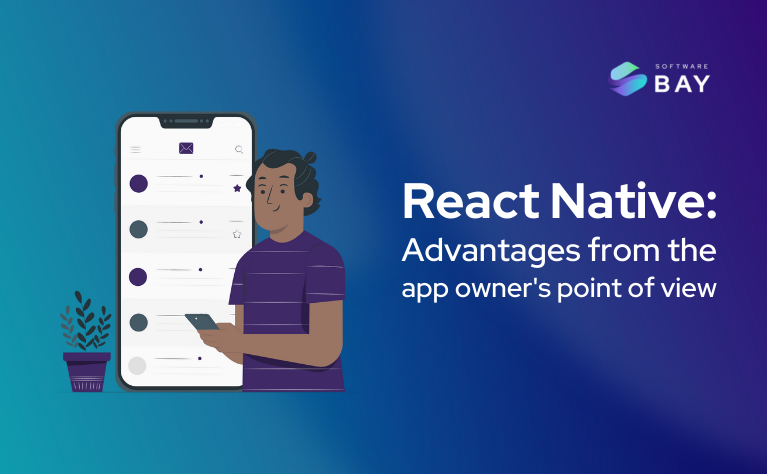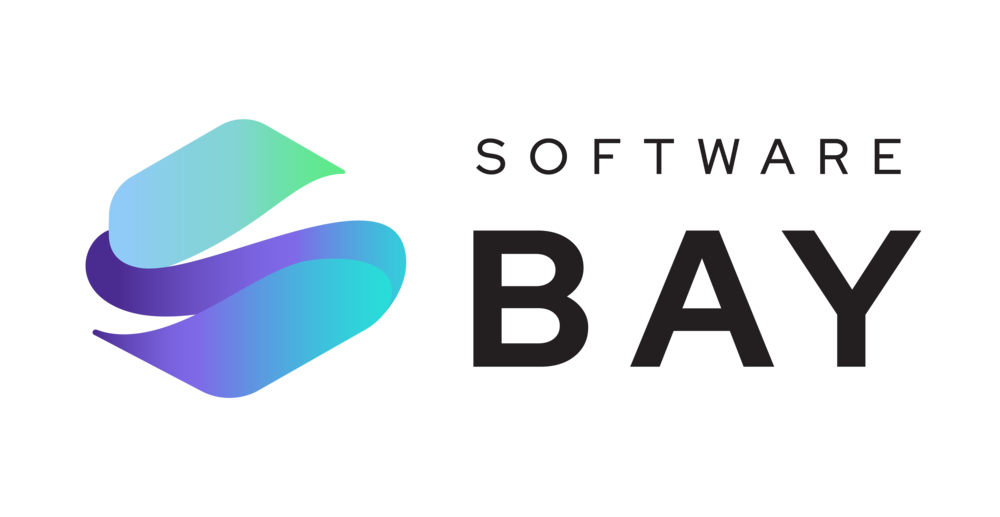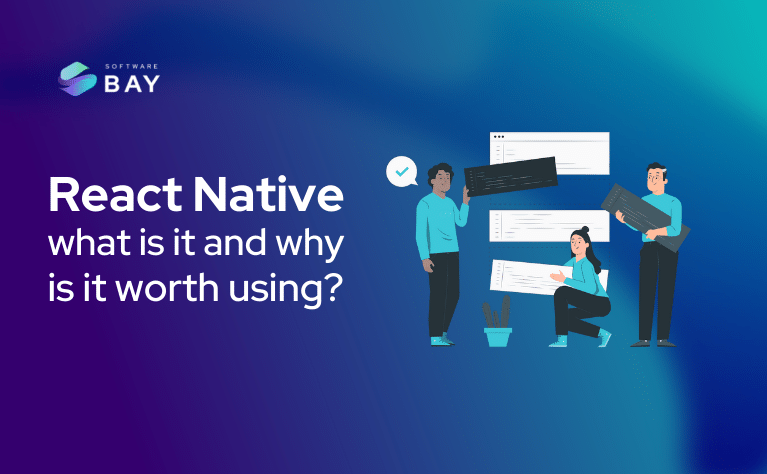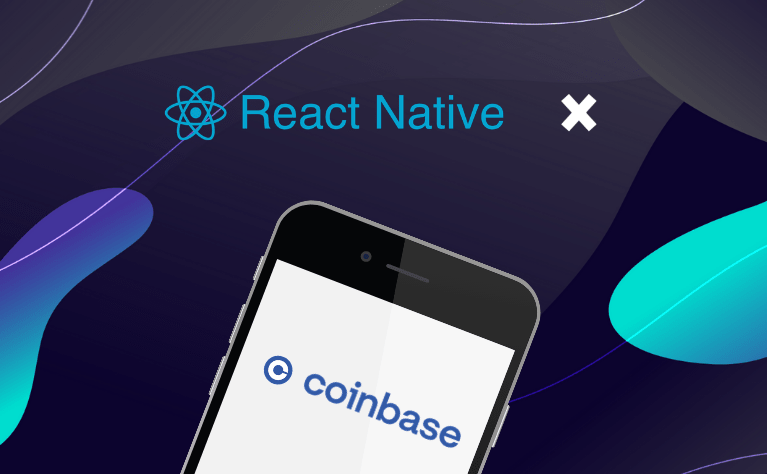It’s no longer surprising that most of the existing companies have their own applications or use external solutions to simplify and scale their processes. In recent years, more and more of them have decided to completely switch to or expand their resources with mobile apps.

React Native is a technology that has been enjoying growing interest since its publication in 2015 and is constantly being developed. Do you know apps like Instagram, Airbnb, UberEats or Discord? Each of them was created or transferred to that technology. We wrote about the advantages of using React Native from a developer’s perspective in our article: "React Native from a developer's point of view". But why, as an owner, should you consider putting your application in React Native? Let's see!
One team - two apps
The appearance of hybrid applications has revolutionized the application market. Mainly because of the fact, that by employing one team of developers, you can get 2 separate mobile apps . Two, for different platforms - iOS and Android. It is possible thanks to the bridges, allowing you to write a logical layer of nearly 70% of common JavaScript code. Then it is automatically translated for each system. Until now, wanting to build an app that can be used by users of Android and iOS devices has involved hiring 2 teams or postponing the production of one of them.
Faster development process
Writing most of the common code for the two systems simultaneously also reduces the production time. Double work is performed with the achievement of satisfactory results, at the same time as creating a single native app . With this, we could say that you get 2 in 1.
If you need your application fast, React Native may be the solution for you. However, keep in mind that if you need an advanced product, it may require a native support.
Differences between React Native and native applications
Native apps , and those created in React Native , are almost indistinguishable. So, what's the difference? The two main aspects, that can be seen, are visible at the application development level, as we mentioned in several subsections in this article, and in the finished product maintenance process. We will post the text about maintaining the React Native apps here soon.
Usage of native components
React Native isn’t a technology that uses the Web View, which means that creating applications in it doesn’t lead to embedding web components in mobile apps . Instead, it uses native interface elements and some APIs that are specific to a given platform. This enables precise adaptation to mobile devices and the creation of positive user experiences.
Production costs
Does the production of React Native apps always mean lower costs? Of course, this is largely dependent on the selected functions. The main fact, for which this argument is cited, is an example that when writing iOS and Android apps , you don't need 2, but only 1 team. We mentioned this in the first point of this article. But let us recall once again - remember that if you need an advanced product, it may require the support of a native developer to fill in inaccuracies resulting from the separate nature of each platform, which can lead to increased costs.
Implementation in existing projects
There is one more thing about this technology. You can write the application from scratch, or implement only a part written in it into existing projects. We presented an example of the second solution by mentioning on our blog the fact that Coinbase solutions were completely transferred to React Native.
Code readability
Among other things, thanks to many ready-made, proven components, React Native is a technology that allows you to create organized and readable applications from the code side. This kind of structure makes applications easy to develop with new functionalities, even after a long time since the first version of the app was created. Transparency also facilitates the introduction of new developers to implement new functionalities or make changes.
Are you curious about what else React Native has to offer? Check out the other articles on our blog and case studies.
Looking for React or React Native talents?
Need help? Our team will help you straight away.


